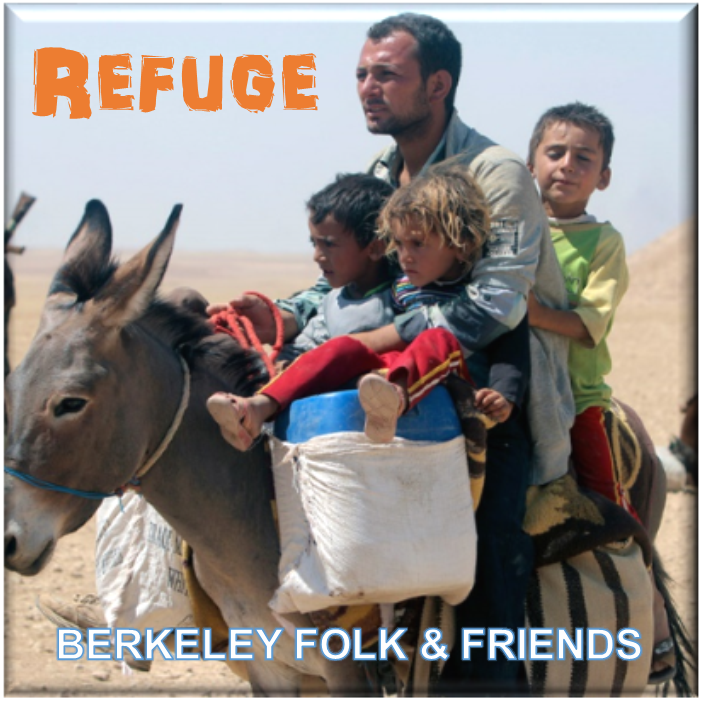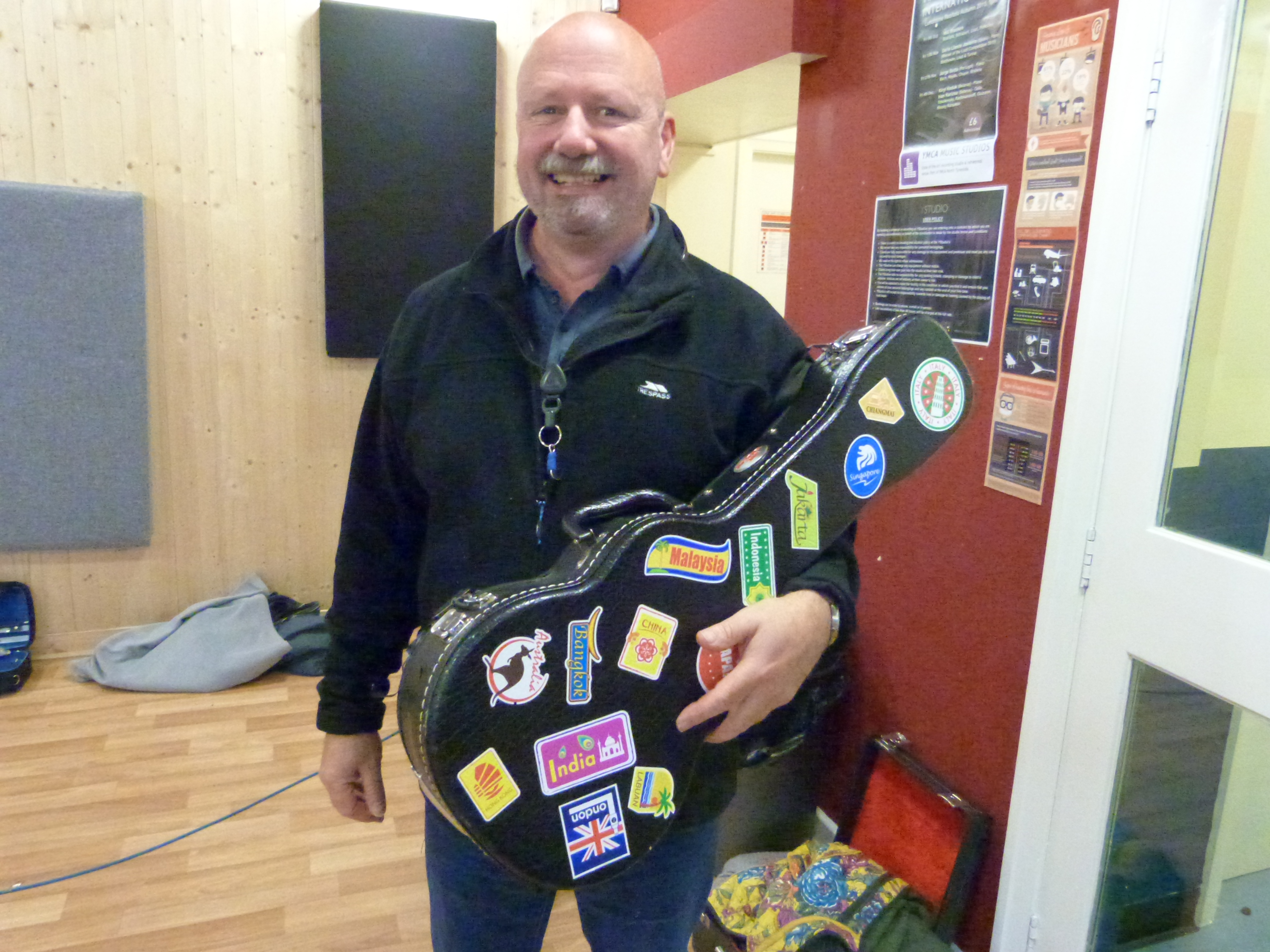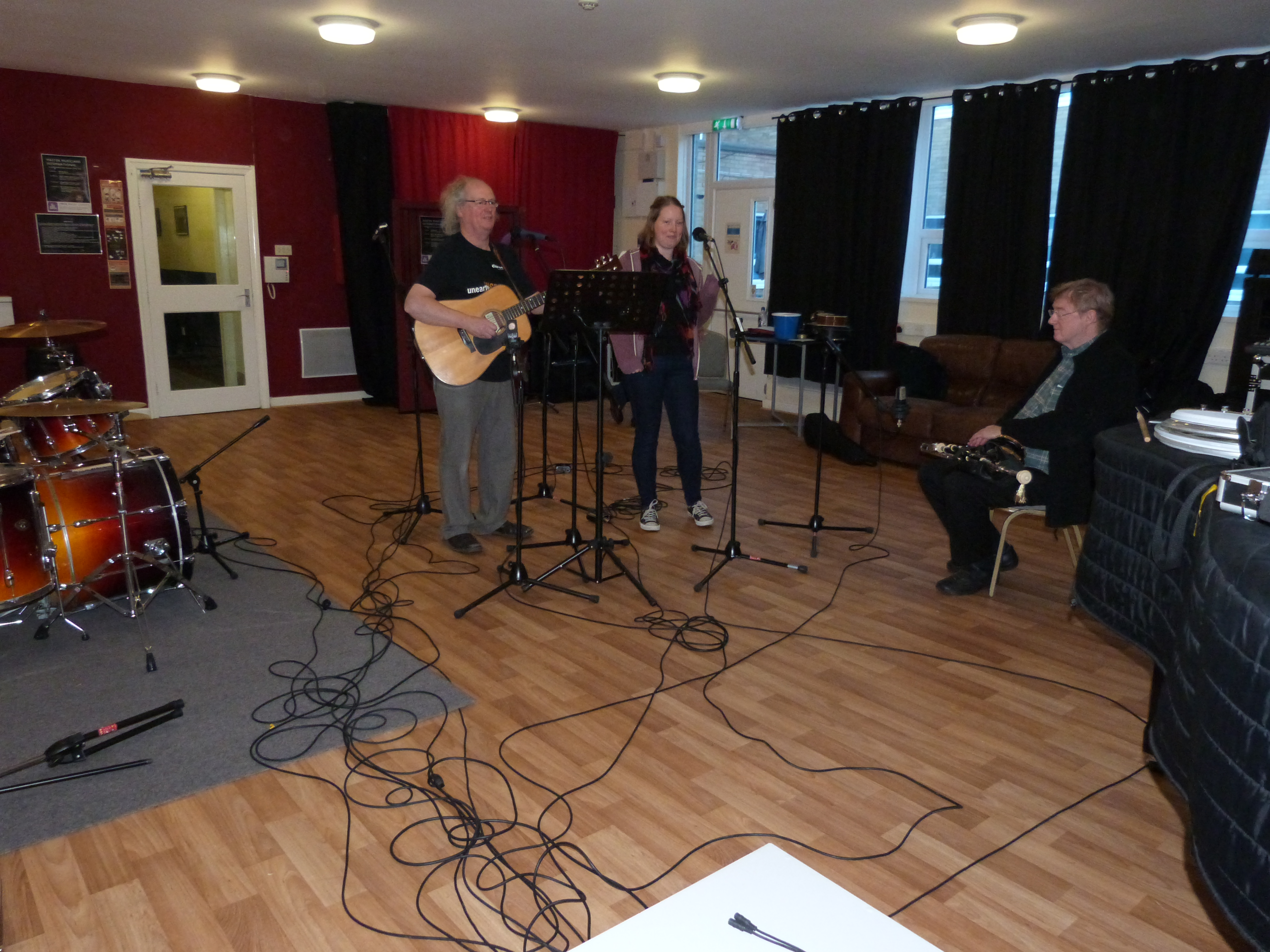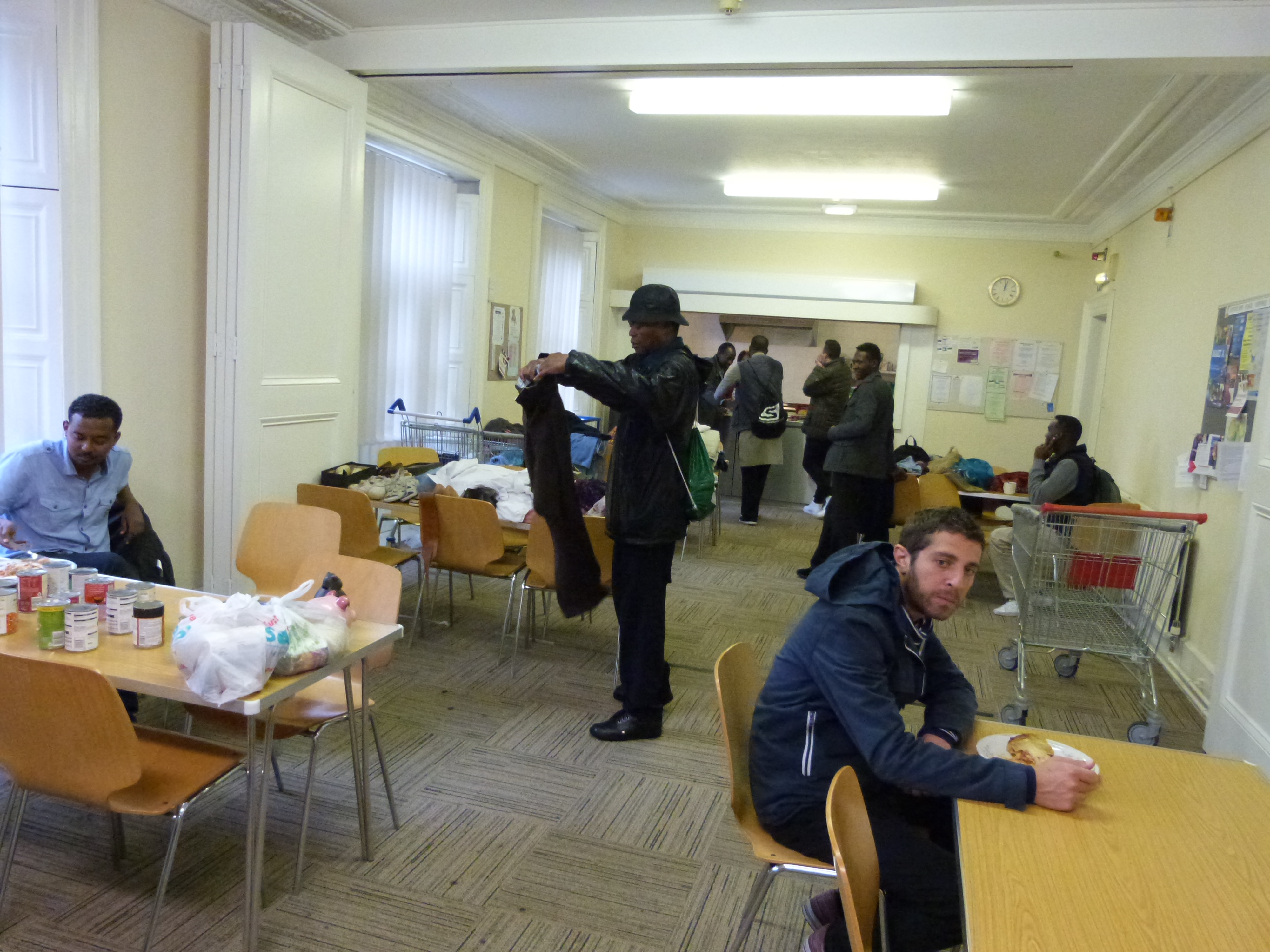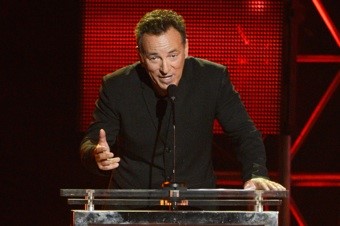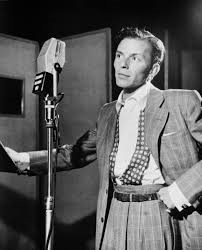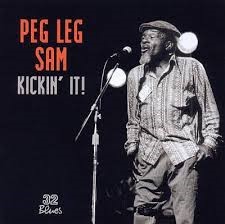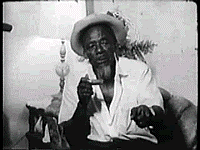Thinking of doing a show at the Edinburgh Fringe next year based on my book, The Singer-Songwriter’s Last Stand, which would probably feature songs by Woody among others. At present I’m just gathering information about the festival – it’s a daunting prospect but exciting all the same. Anyway, I came up with this tribute song which I’ll maybe enter for Woody Fest next year as well (though don’t see how I could afford to go to America). I also want to put more of my songs on YouTube , when I get the time, and this would be a good candidate I think.
WOODY GUTHRIE SANG
Woody Guthrie you sang us America’s song,
And all the world over your name will live on.
The stories you told us all rang so true,
Of justice and freedom and peace,
And those poor working man’s blues.
You sang about hobos down on their luck,
Of gamblers and outlaws who’d fight for a buck.
And poor dustbowl farmers with nothing to lose,
Rocking and rolling along, with those poor working man’s blues.
How I remember when as a young man,
I hit on the highway to travel this land.
And though it was far from the old USA
This land is our land as well, that’s what Woody would say.
Some called you a commie but I laughed when you said,
All of your life you had been in the red.
You fought against fascists and all slavery,
And spoke up for everyday folks, wherever they might be.
The sign by the road said no trespassing here,
Keep off this land, yes, the message was clear.
But on the other there was nothing to see,
That was the side that was made, for you and for me
Some of my song is taken from Woody’s, ‘This Land Is Your Land’ which, some said at the time, indicated his radical Commie views. Maybe, but I don’t thing he was really into party politics, it was more simple human rights that mattered to him.
THIS LAND IS YOUR LAND (one verse and chorus)
“As I went walking I saw a sign there
And on the sign it said “No Trespassing.”
But on the other side it didn’t say nothing,
That side was made for you and me.
This land is your land, this land is my land
From California to the New York island
From the Redwood forest to the Gulf Stream waters
This land was made for you and me.”
Woody spoke about human rights and his feelings towards ordinary people in other ways too, in books, newspaper articles and on radio.
“I hate a song that makes you think that you are not any good. I hate a song that makes you think that you are just born to lose. Bound to lose. No good to nobody. No good for nothing. Because you are too old or too young or too fat or too slim or too ugly or too this or too that. Songs that run you down or poke fun at you on account of your bad luck or hard travelling. I am out to fight those songs to my very last breath of air and my last drop of blood. I am out to sing songs that will prove to you that this is your world and that if it has hit you pretty hard and knocked you for a dozen loops, no matter what color, what size you are, how you are built, I am out to sing the songs that make you take pride in yourself and in your work. And the songs that I sing are made up for the most part by all sorts of folks just about like you. I could hire out to the other side, the big money side, and get several dollars every week just to quit singing my own kind of songs and to sing the kind that knock you down still farther and the ones that poke fun at you even more and the ones that make you think that you’ve not got any sense at all. But I decided a long time ago that I’d starve to death before I’d sing any such songs as that. The radio waves and your movies and your jukeboxes and your songbooks are already loaded down and running over with such no good songs as that anyhow.”

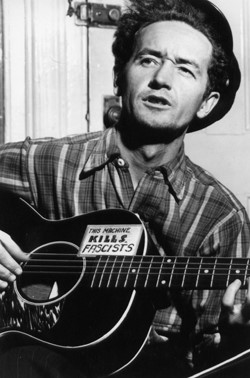
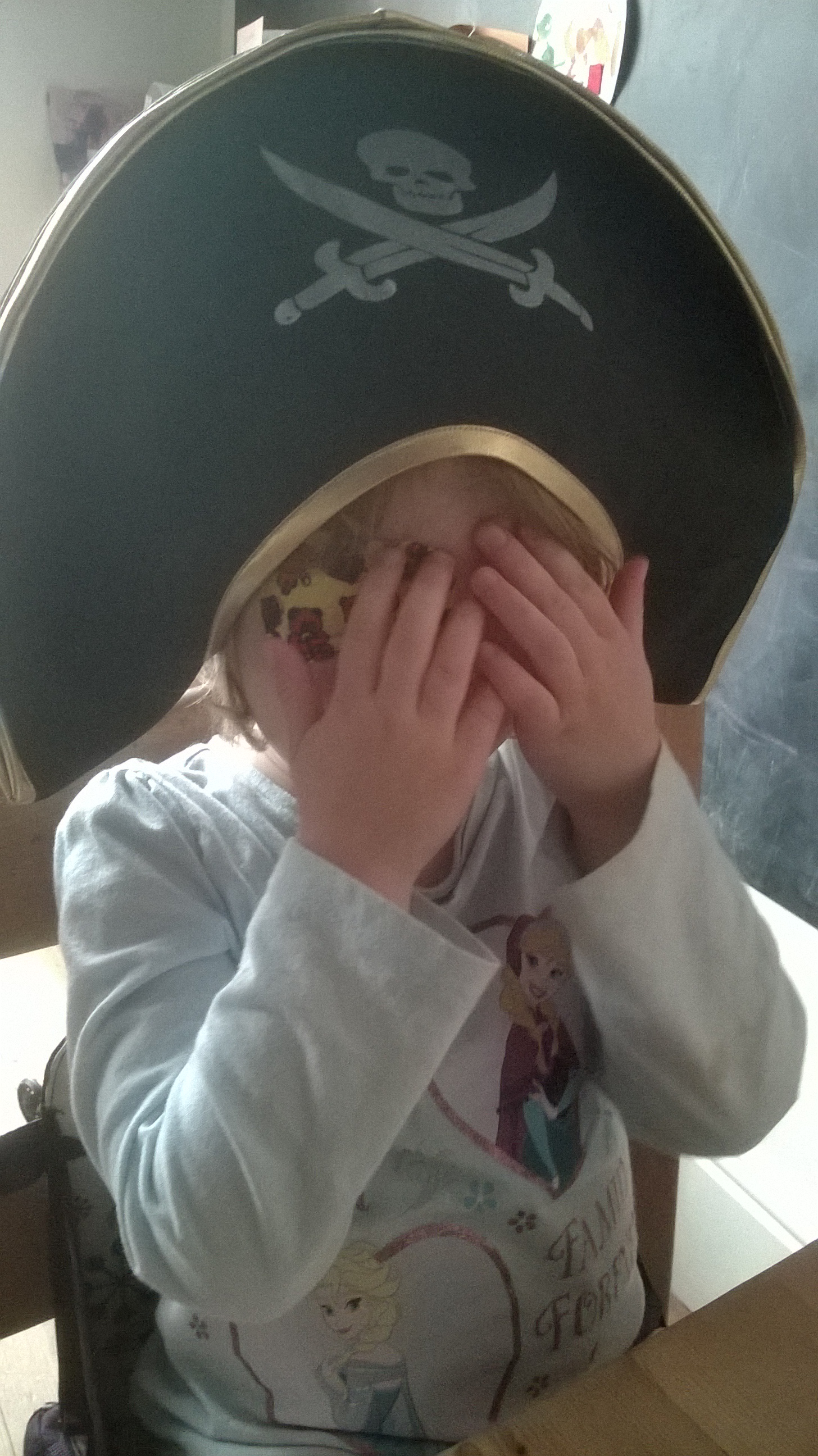
![2641700-482795[1]](https://mauricebaker.co.uk/wordpress/wp-content/uploads/2016/05/2641700-4827951.jpg)
![hunting-namibia3[1]](https://mauricebaker.co.uk/wordpress/wp-content/uploads/2016/05/hunting-namibia31.jpg)

